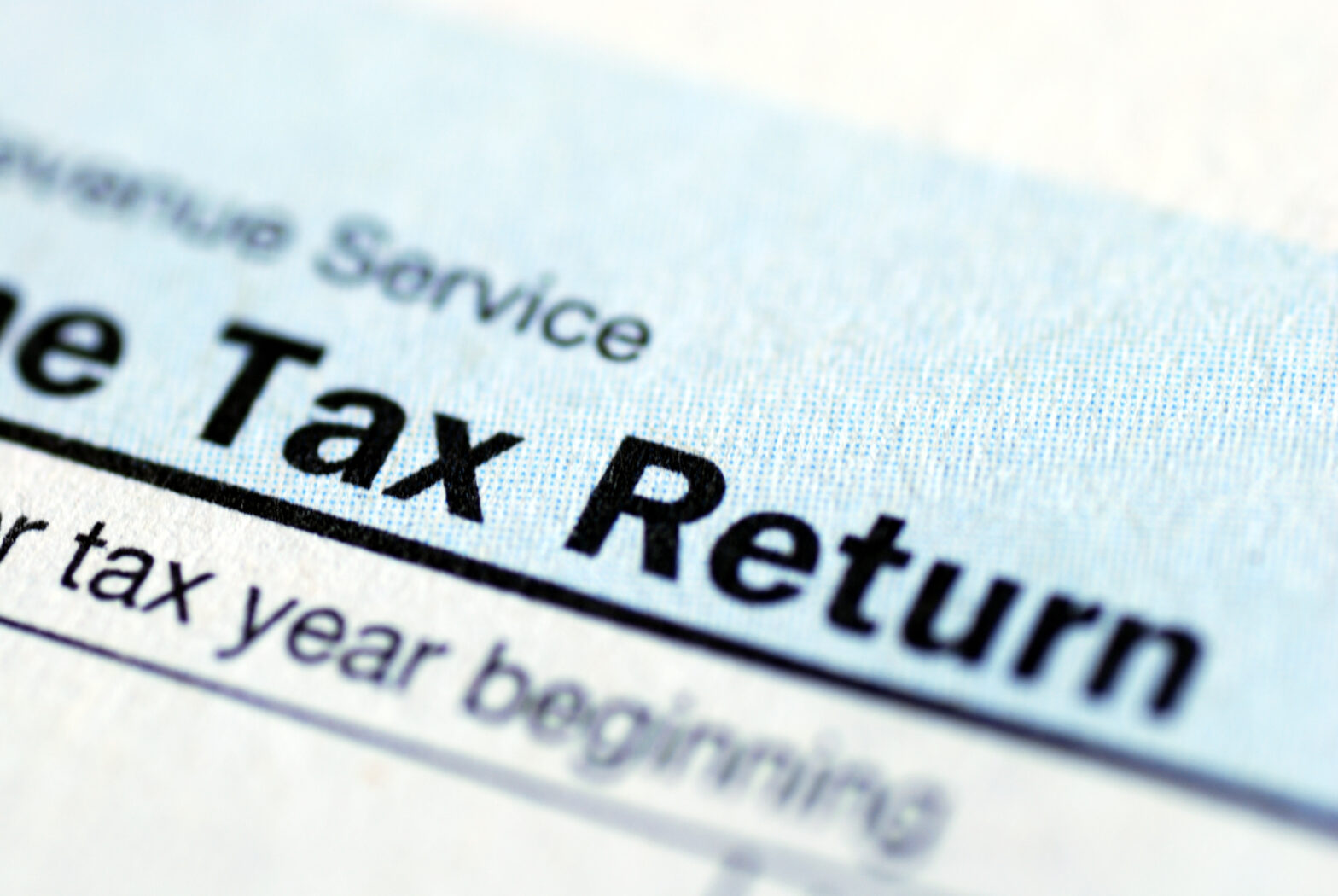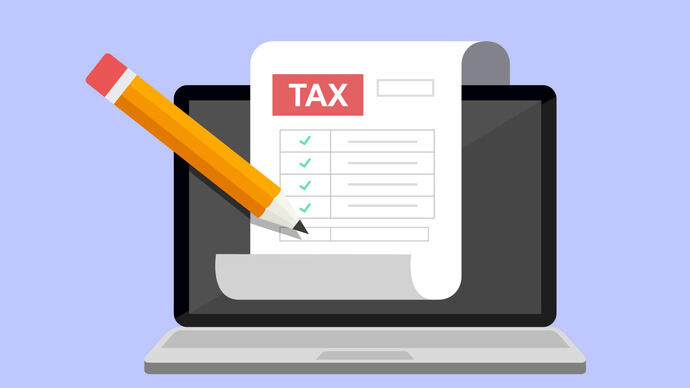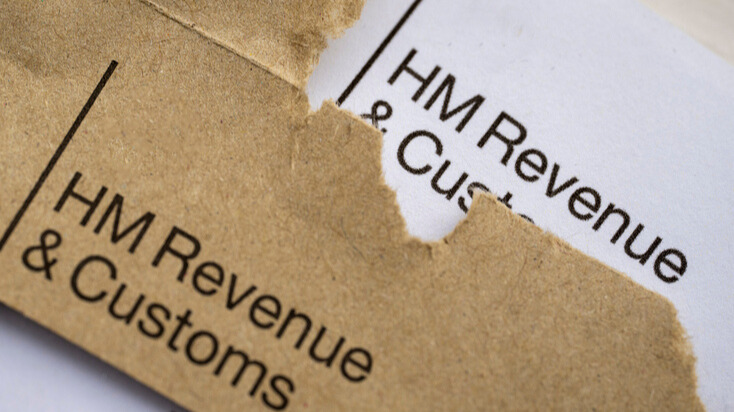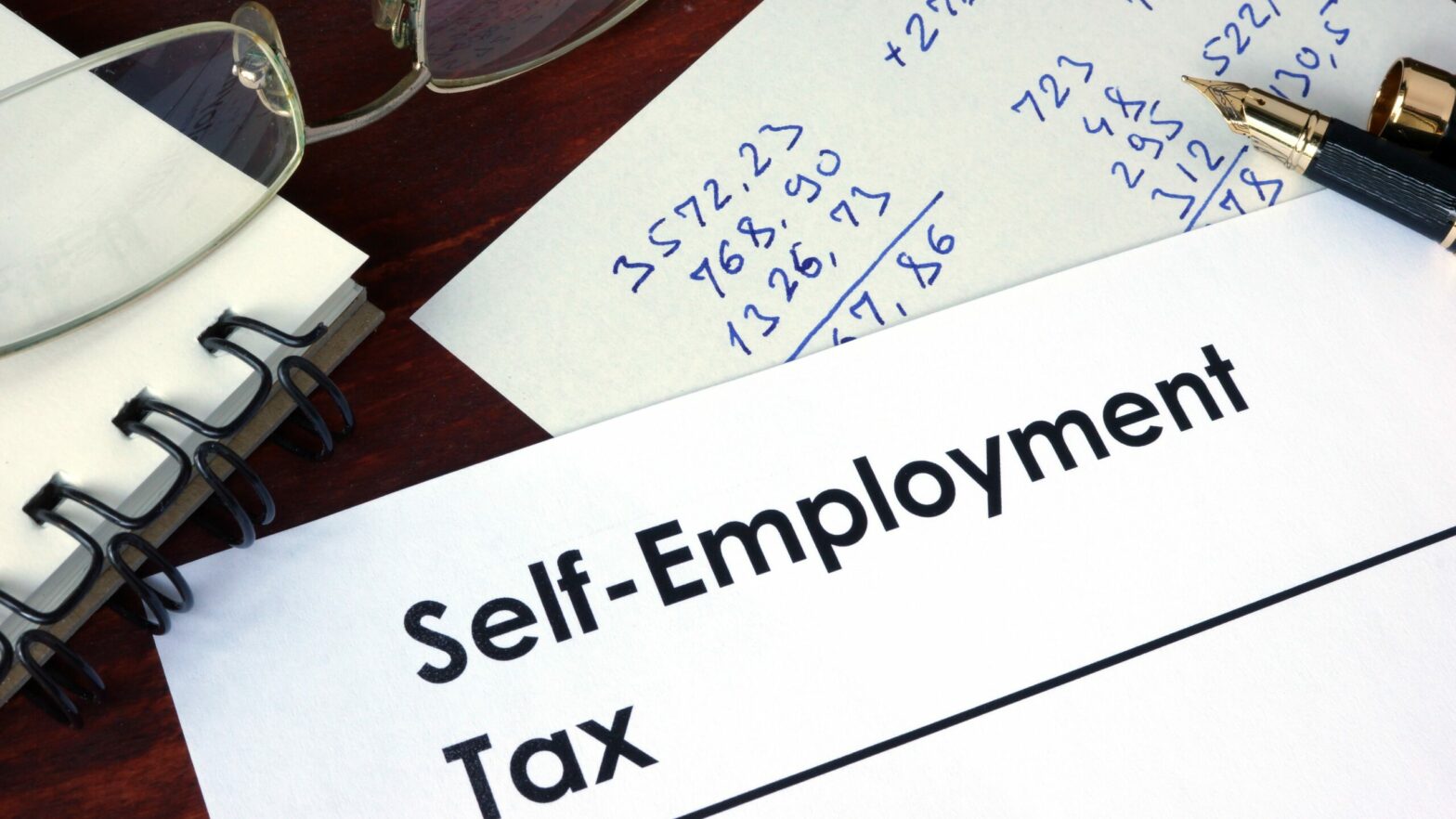The 30 September self-assessment tax return deadline is looming and there are definite benefits to filing early, such as having HMRC calculate how much tax you owe and having more time to make your payment.
Check the tax you pay
If you run a business, you will need to complete a tax return; however, your spouse or other family members on PAYE may not. They rely completely on HMRC getting it right – but does it?
A recent National Audit Office report highlights HMRC processing errors and claims that more than a million people paid the wrong amount of tax in 2006/07. While some people paid too little, more than 500,000 people overpaid an average of £290.
There is software available that will allow you to check whether you or your family are paying over the odds. Alternatively, if you have paid too much, visit .gov.uk to find out about reclaiming tax.
Don’t incur unnecessary fines
Last year ten per cent of returns were filed after the 31 January deadline, leaving the offenders open to fines of £100. HMRC is currently reviewing the fine and it may rise significantly in the future.
Don’t panic or delay. Take advantage of the time you have to collect all the paperwork that you will need and MUST keep for the taxman and then set aside some time to complete your tax return.
Don’t incur unnecessary interest: plan your cash flow
Typically, income tax payable is due on 31 January of the following year from the end date of your accounting period. A payment on account of the followin year’s liability will be payable on the same day. This is 50 per cent of the previous tax year. In a business’ first year this means that your tax bill could be 150 per cent of the tax you owe. Make sure the cash is there to pay the bill.
Interest will start to run immediately on unpaid tax. In addition, there is a five per cent surcharge on all tax still owed 28 days after the deadline (ie the end of February). This equates to an annual interest rate of 65 per cent. This surcharge is repeated in July.








